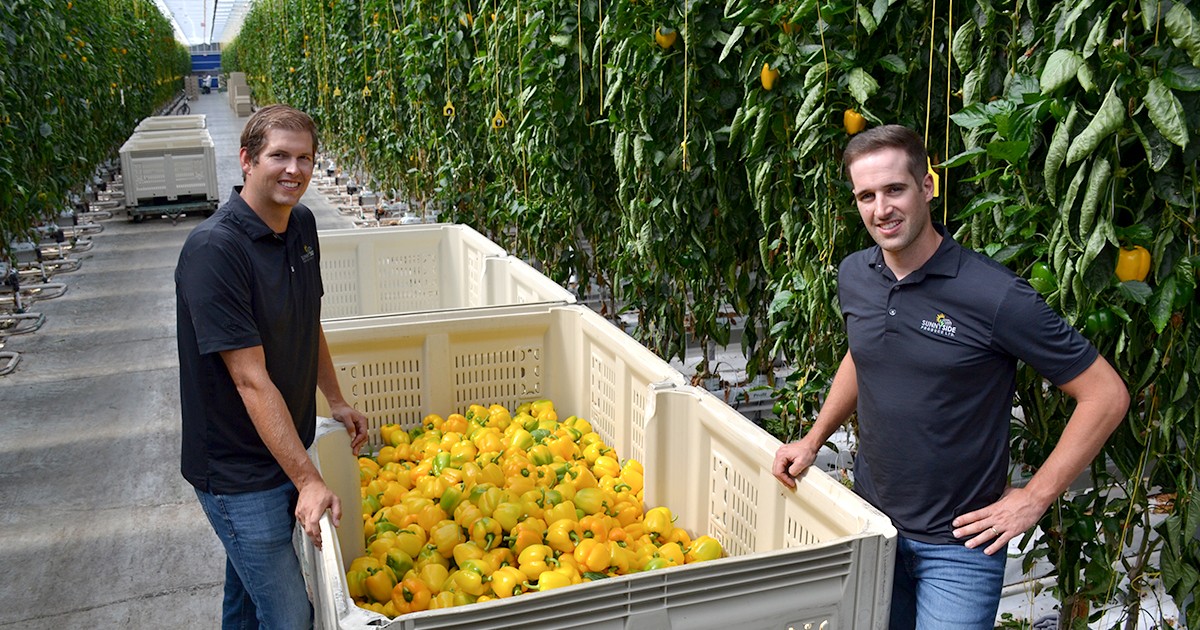“We have so many people in the world and in this province who need to know that somebody cares about them," she continues. “I've never, in my 30 years, got up in the morning and dreaded going to work. I look in the mirror and say, 'Thank you, God, for another day—who am I going to help today?' ”
Supporting Victims
A lifelong Salvationist, Sweetapple first became involved in corrections in 1985 when she was asked to help establish the division's first corrections office as an office administrator. It wasn't long before she was asked to get involved in actual corrections work.
“What happened after that is history,” she says. “I went from half days to full days and then to university to study criminology.”
In those early years, Sweetapple gave much of her time to victims services, particularly after allegations of sexual abuse surfaced at Mount Cashel Orphanage, a Catholic Church-affiliated orphanage in St. John's, where she was a volunteer.
“The director felt the boys needed a mother image, because they were lacking that so much,” she recalls. “I went there every Thursday night. We'd bake cookies and do crafts, and I'd help the little ones with their pyjamas and tuck them in and kiss them goodnight.”
Sweetapple had been volunteering there for 18 months when the scandal broke, becoming the largest sexual abuse scandal in Canadian history. “All those victims became my clients. That year, I gave 500 volunteer hours to support the victims.”
Sweetapple's training and experience working with victims of child sexual abuse resulted in her work as a consultant on the final report of the Winter Commission that investigated child sexual abuse in the St. John's archdiocese in the late 1980s. Following that case, and prior to her work with the Mount Cashel victims, the provincial Department of Justice asked her to submit a proposal for victims services for the province. The proposal was approved and Newfoundland and Labrador had it's first court-based services for victims in the St. John's area.
Emergency Intervention
Early in her career, Sweetapple mainly worked in court-based services, particularly in the area of child abuse. Eventually, she also became involved in emergency intervention and disaster services, offering assistance after tragic events such as suicides, sudden deaths and accidents.
“I was once called in on New Year's Eve when a teenage boy was found frozen in the water,” she says. “His parents were there on the beach, and I was brought in to do a psychological intervention with them.”
“This is not just a job for me—this is about who I am. This is my ministry”
Over the years, many of the people Sweetapple has helped have come back to visit her and express their gratitude.
“It's pretty humbling when a man in his 40s comes in and says, 'I owe my life to you because if you hadn't come that night that I was going to jump off the cliff, I wouldn't be here today. Now I'm married, I have two beautiful children and a business of my own and I enjoy my life to the fullest,' ” she shares. “It's powerful—it's too much for me to comprehend. I'll turn it around and say, 'No, I only helped you through the process—you made the decision to live.' ”
Personal Touch
No matter which area of correctional and justice services she's working in, Sweetapple says pastoral care is the foundation of everything she does. In fact, one of her earliest initiatives was establishing a pastoral care board for Her Majesty's Penitentiary, the largest prison in Newfoundland and Labrador. As well as creating that board, in co-operation with the five largest denominations in the province, Sweetapple worked with the Department of Justice to develop policies and procedures for pastoral care in prisons.
“From that first pastoral care board at Her Majesty's Penitentiary, there have been spin-offs all across the island—now all the institutions have boards,” she says.
Many of Sweetapple's initiatives have come simply from finding gaps in the system and developing ways to fill them.
“The inmates have so many needs, so I was thinking to myself, What can we do that will help them not to re-offend?” she says. “They need services in place that they know about before they're released back into the community, to help with the reintegration process.”
The Salvation Army provides transition assistance—such as clothing and job-skills training—but Sweetapple also takes a personal interest in her clients. Years after her work with the victims of Mount Cashel, she was contacted about a former resident who was being released from prison. He was one of the young boys she knew as a volunteer at the orphanage, as well as through her work with victims.
“He was sexually abused and badly beaten, and had mental-health issues as a result,” she says. “He has been incarcerated a lot since Mount Cashel, but he doesn't really belong there.”
Together with his social worker, Sweetapple helped the man start his life outside prison on a good foundation.
“We got him food from the food bank and we got him all set up,” she says. “I gave him drapes for his apartment, blankets, a comforter, pillows, dishes—everything I could give from my house. I never went out and bought anything. I told him, 'This is my stuff—I want you to have it so you can always feel close to me, so you know that I care about you and I always will.' ”
Compassion for Victims
One of Sweetapple's most-recent projects is the Newfoundland and Labrador Coalition Against Human Trafficking, which she chairs. Initiated by the RCMP, who sought Sweetapple's assistance, the 33-member coalition includes representatives from the Canada Border Services Agency, the Royal Newfoundland Constabulary, local airport authorities and the St. John's Native Friendship Centre, among others.
Part of the coalition's work has involved raising awareness in strategic locations throughout St. John's—including the Memorial University of Newfoundland, where human traffickers have tried to lure female students into working at massage parlours—as well as training local police officers in how to recognize and respond to victims of human trafficking.
“By this June, we will have every police officer in this city trained,” says Sweetapple, adding that the RCMP are also interested in receiving training.
For her many years of supporting the work of the police, Sweetapple was given a Citizen of the Year award by the Royal Newfoundland Constabulary in 2013. When presenting the award, the chief of police highlighted Sweetapple's leadership role in the Citizens' Crime Prevention Association and her work in establishing services for victims of abuse.
“I don't really think about the award,” Sweetapple shares. “I didn't even want to put it up on the wall, but the way I see it, it's all about my passion for victims. It's helping them find their way again.”
God's Work
After collaborating with many organizations throughout her career, Sweetapple believes that The Salvation Army offers a unique approach to correctional and justice services.
“No one can provide what we provide because we're coming from a Christian perspective,” she says. “That's our foundation—our relationship with God. When we come from that, everything else works out because he gives us direction and guides us along the way.
“We don't do this on our own,” she continues. “I would not be able to do all the things I'm doing without God's grace and sufficiency.”
Though she is retiring from The Salvation Army, Sweetapple will continue to volunteer with the human trafficking coalition and crime prevention society.
“This is not just a job for me—this is about who I am. This is my ministry,” she says.
“If we can treat people with dignity and respect and give them hope, if we can rejuvenate a person and help them build their self-esteem, then we've done God's work.”
***
A previous version of this article incorrectly stated that 30 years ago there were no corrections services in Newfoundland and Labrador. Salvationist regrets the error.










Thank you for the thought provoking and challenging articles that continue to appear in our publications.
Garry C. Hopkins